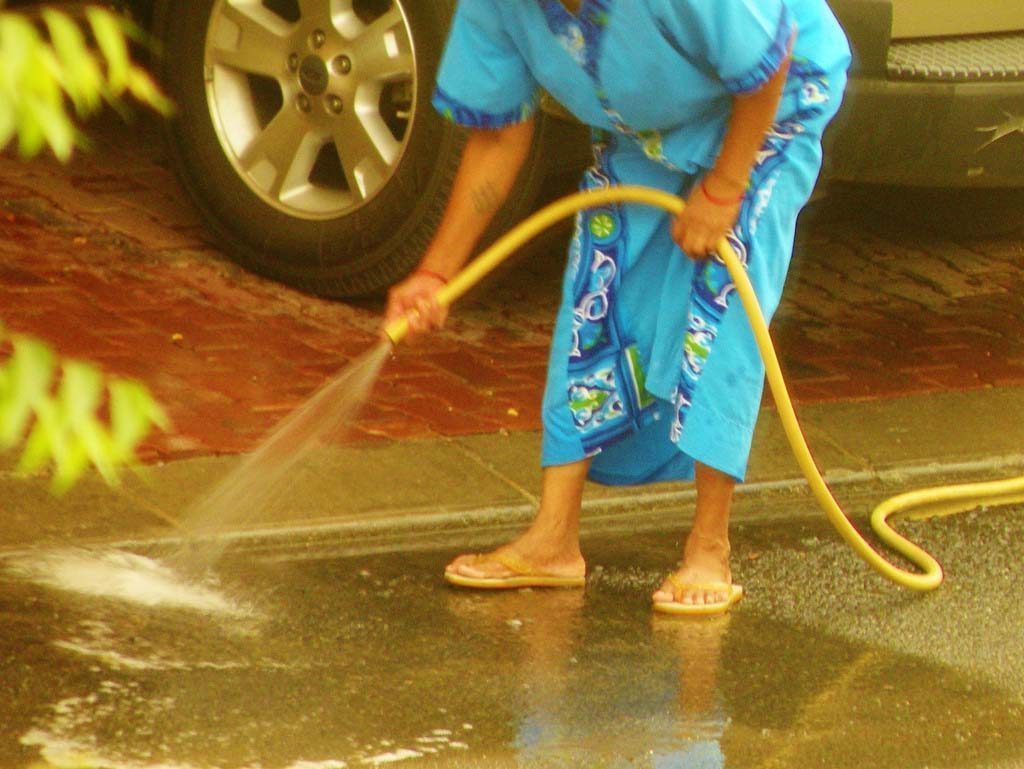
In one of the strongest signs yet that Qatar is serious about securing its water supply, the government has announced details about new reservoirs and pumping stations that will be built at five locations around the country.
When completed, the facilities will more than double the country’s water reserves, which are currently only enough to provide a 48-hour emergency supply.
The new sites in Duhail, Umm Qarn, Mesaimeer, South Doha and Muathier were first discussed in 2012, but this announcement signals the beginning of construction work for the nearly $1 billion (QR3.22bn) project, which is slated to be completed by the end of 2017.
The sites have been selected to provide stable water supplies to all areas in case of outages, and to help areas currently experiencing low water pressure, the Gulf Times reports.
As well as bolstering supply, the new reservoirs will also attempt to harness solar energy to reduce carbon emissions. According to national utility company Kahramaa, each reservoir will be covered with solar panels that generate electricity, allowing the stations to continue to function in the event of power cuts.
Increasing demand
Qatar has identified its water supply as a key challenge for the future as its population continues to grow rapidly, putting a huge strain on its resources.
This situation is being made worse by widespread water wastage. Qatar is heavily dependent on desalination plants to convert saltwater into something drinkable.
But residents still use an average of 500 liters of water a day, making the country one of the world’s biggest consumers of water – four times as much as many European countries, and 10 times more than many others.
To address this problem, Qatar has a conservation law in place, under which residents can be warned or fined for leaving their outside lights on between 7 am to 4 pm, or for using a hose to wash a car or water a garden with potable water.
But earlier this month, the head of Tarsheed, Kahramaa’s conservation program, told the Central Municipal Council (CMC) that efforts to enforce the law were being hampered because inspectors lacked the legal powers to enter people’s homes to check for violations.
In response, the CMC recommended this week that Kahramaa should be given the legal right to carry out its inspections.
It also suggested that meter-readers should be given training to detect and report water and electricity leaks, and recommended the installation of taps with sensors in homes to minimize water usage.
Do you think enough is being done? Thoughts?







